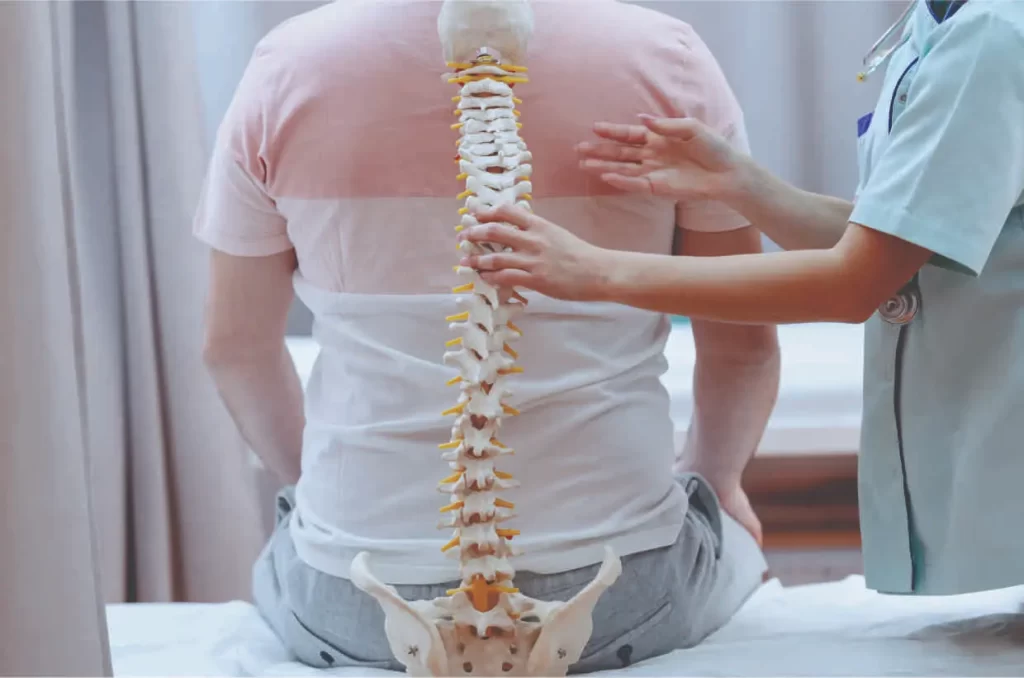What Every Patient Should Know About Disc Replacement Surgery
Having an artificial disc replacement surgery is a huge decision. A disc replacement could significantly enhance your life if done correctly and for the appropriate reasons. Unfortunately, obtaining this procedure requires significant consideration and planning. Here is everything you need to know, do, and question before undergoing a Rancho Cucamonga disc replacement surgery.
Why Is Artificial Disc Replacement Surgery Necessary?
Numerous back and neck pain cases fade away with time; thus, disc replacement surgery is unnecessary. For your doctor to consider you a candidate for this procedure, you should be experiencing chronic neck or lower back pain. Moreover, conservative therapies like pain medicines, rest, physical therapy, and more should have failed to ease the pain. Other reasons to consider artificial disc replacement surgery include:
- Degenerative disc disease
- Herniated disc
- Radiating pain through the limbs
How Long Does An Artificial Disc Replacement Surgery Last?
There is no clearly-defined answer as to how long this procedure could last. Various sources provide radically varied times. Contemporary artificial discs, nevertheless, have an exceptionally long lifespan. Tests indicate that synthetic discs could last more than fifty years.
To be certain, inform your physician of your activity level and ask your spine surgeon how long you should anticipate your specific artificial disc to survive. This information helps you determine whether the procedure is appropriate for you.
How Qualified Is Your Surgeon?
Artificial Disc Replacement is a technically difficult process requiring skillful hands and vast training. Whereas all spine surgeons can conduct spinal fusion, not all are proficient at disc replacement. Here are some of the questions you can pose to your physician to gauge if they are competent enough to handle your procedure:
- Are you a neurosurgeon or an orthopedic surgeon?
- Are you board-certified?
- How many similar procedures have you completed?
- What is the level of patient satisfaction? (For better insight, you can check patient testimonials)
What Anesthesia Is Administered?
Most disc replacement surgeries are done under general anesthesia so long as it does not pose a significant risk to the patient’s health. Patients who fail to withstand general anesthesia might not be excellent candidates for this treatment; thus, they must consult their neurosurgeon.
In line with what anesthesia your doctor will use, inquire about pain management following the treatment. Will your doctor recommend prescription opioids? If so, you should learn when to discontinue them and start using alternative painkillers.
How Is The Recovery?
Ensure that you are prepared for recuperation after disc replacement surgery, as it could range from weeks to months. Immediately after your surgery, your neurosurgeon will probably monitor you at the hospital for 6-24 hours.
Once your specialist is certain you are free from complications, you will be discharged. Moreover, if you do manual labor, you will probably have to stay away from work for about two weeks following surgery.
Artificial disc replacement surgery has numerous advantages over standard spinal fusion. Besides preserving the functionality of other discs and allowing greater mobility, this procedure requires no bone grafting, allows quicker recovery, and is more long-lasting. Hopefully, you now understand what this procedure entails and can make a well-informed decision on whether to undertake it.


